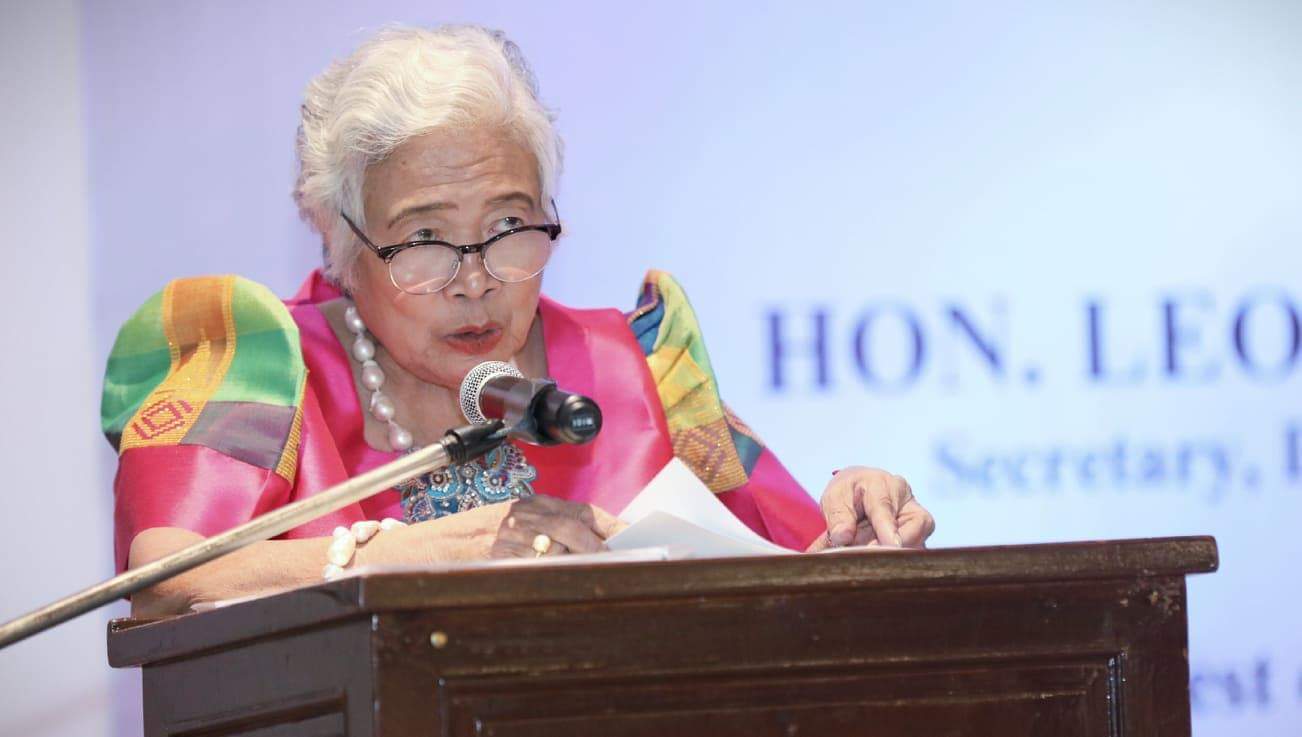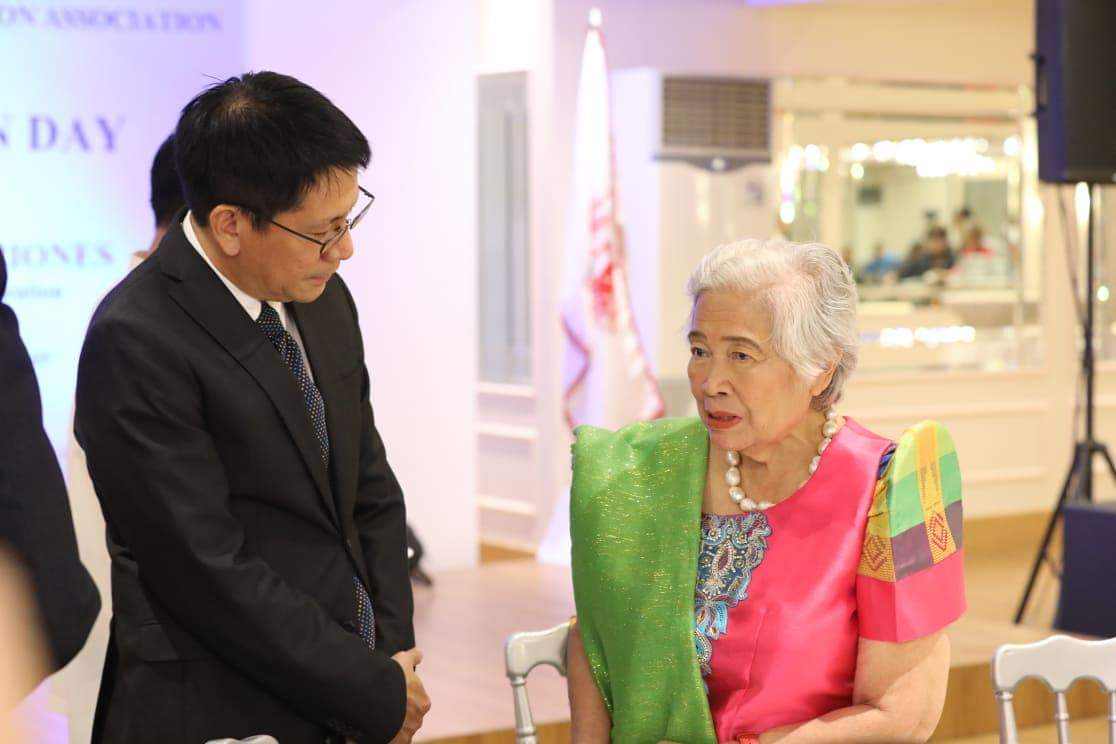MAKATI CITY, February 7, 2020 — Secretary Leonor Magtolis Briones recognized the importance of teaching the Philippine Constitution early to instill nationalism and discipline among Filipino learners.
“The children [must have] more exposure to the provisions of the Constitution so that they will be conscious of their obligations, of what they should do, of what they should not do,” Briones said in her speech at the Philippine Constitution Association’s (PHILCONSA) Observance of Constitution Day on Tuesday.
Secretary Briones shared that the Department of Education (DepEd) already embedded Constitution lessons in the K to 12 curriculum as early as Grade 6.
By Grade 10, learners have an allotted eight weeks to discuss topics on good governance, active citizenship, and participative governance, with the importance of the Constitution highlighted. Grade 12 that chose Humanities strand, meanwhile, has a specific subject that focuses on the politics and governance in the Philippines.
“Nandoon sa Constitution itself that all educational institutions should include the study of the Constitution as part of the curriculum,” Briones emphasized.
With this approach, the DepEd chief hopes that people will be more aware and appreciative to one of the symbols of Philippine democracy.
“Perhaps the time will come, we will celebrate the Constitution day as it is in other countries, the same level of joy, the same level of gratitude for our very Constitution which we, the Filipino people, have created,” she said.
Philippines’ Constitution Day is observed during February 2 of every year by virtue of Proclamation No. 211, s. 1988 to “instill in the hearts and minds of the Filipino people the democratic principles and the noble and lofty ideals enshrined in the Constitution.”
Quality and accessible education to all
Secretary Briones also highlighted DepEd’s efforts in upholding and implementing two important provisions on education of the 1987 Constitution: on protecting and promoting the right of all citizens to quality and accessible education (Article XIV, Section 1); and on establishing a non-formal system of education (Article XIV, Section II(4)).
“Our continuous efforts to uphold our Constitutional mandate on making education accessible resulted to some degrees of success,” Briones reported.
Around 47,025 public schools nationwide are now providing free basic education to Filipino learners while the Last Mile Schools program is addressing the gaps in resources and facilities of schools that are in geographically isolated and disadvantaged and conflict-affected areas.
Briones also mentioned the current initiative of the Department to raise the quality of education in the country through Sulong EduKalidad that focuses on four aggressive reforms: K to 12 curriculum review, Improving the learning environment, Teachers’ upskilling and reskilling, and Engagement of stakeholders for support and collaboration.
On the non-formal system of education, a yearly average of 130,019 learners have obtained elementary and secondary diplomas through the Alternative Learning System (ALS). Passing rates also improved from an average of 45% between 2005 to 2015, to 66% in 2016 to 2018.
“The challenge for all of us is to shift our focus to implementing the Constitution and ensuring that the provisions stipulated in it are being upheld,” Briones concluded.
END




